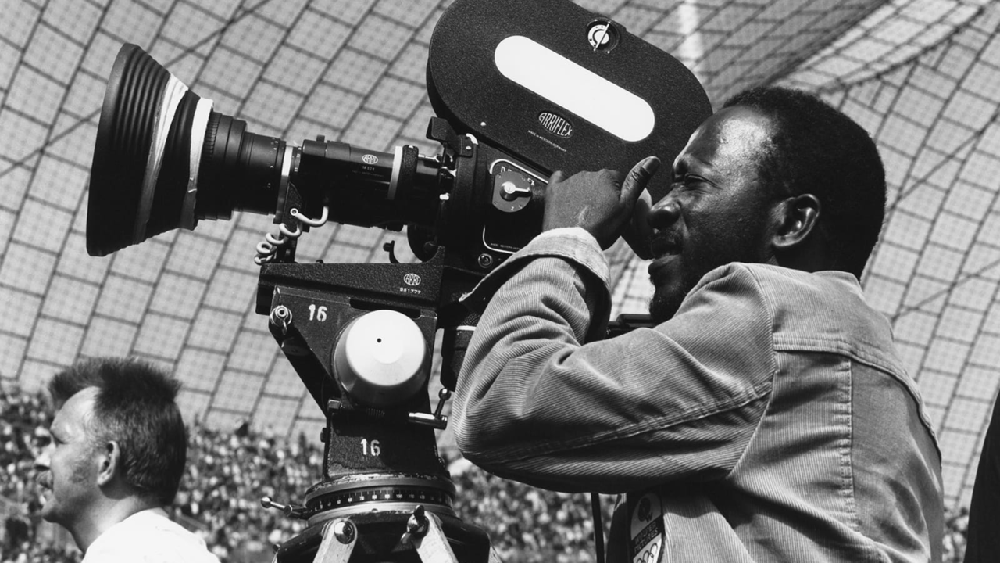This op-ed was submitted from a member of our enthusiastic community of readers. If you’re interested in sharing your opinion on any cultural, political or personal topic, create an account here and check out our how-to post to learn more.
To understand my argument for the importance of Black-controlled narrative, Senegalese filmmaker Ousmane Sembène is an appropriate start.
Colonization leaves a much greater impact than political dominance. The colonizer’s forced narrative naturally overvalues their placement in the unwelcomed territory. When Senegal reclaimed dependence from French colonization in 1960, French culture, language, film, product and style remained the illusion of superiority. This was harmful because it manipulated Senegal’s social institution to believe that “French culture” was synonymous with “progression.” Avion water served as an icon of wealth, French language became "sophisticated" and white narrative controlled when Blackness was appropriate or not.
Sembène remedies this by reestablishing the dichotomy between West-African tradition and European influence. Through both film and literature, he forces his audience to observe the polarity of French fetishization in Senegal’s society.
This was an important pivot in West African history. Now, why is this important to Black America? African-American culture has a history of being selectively chosen when profitable. The selective celebration of Black culture creates a trend that is consistently profitable for the outlet, while inconsistent for the culture it appropriates. This is to say — the white narrative of the Black experience is often incomplete.
This observation serves to both establish a question, and reveal a solution. The question being: how does Black America gain complete autonomy of the Black narrative? “Completion” is an important word in this question. African Americans are far from monolithic, yet American media historically favors certain representations. Therein lies the solution to the question.
In 1985, Michael Jackson bought the Beatles’ catalog. This meant that a monumental portion of white entertainment was only accessible through a Black man. In 2011, Oprah Winfrey replaced the Discovery Health Channel with her own network. This acquisitional mindset creates an opportunity for other African American creatives. With the recent release of Disney’s live-action remake of The Lion King, Beyoncé Knowles-Carter produced and curated an album, The Lion King: The Gift, through her own production company, Parkwood Entertainment (with Columbia Records). This allowed her to welcome other African artists and producers.
While these examples apply to African American culture on a macro-level, there is just as much value in small to medium-sized Black-owned businesses and media outlets. However, there’s even more value in supporting Black-owned business. Our narrative — our journey — deserves to be freely told in its entirety.
